Why Am I Not Getting Pregnant? 12 Possible Reasons.
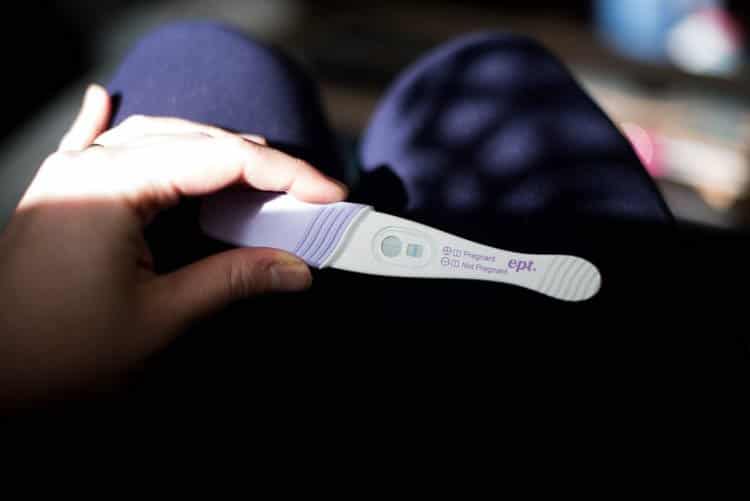
The moment you start trying to get pregnant, you dream of those two pink lines.
And when they don’t show up – no matter how hard you squint your eyes – it can be a big blow.
Even if you haven’t been trying very long.
If you are asking yourself the question, “Why am I not getting pregnant?” well, you are in the right place.
There are many reasons why you might not be getting pregnant – some are easy to fix, others are not.
Infertility is defined as, “a disease characterized by the failure to establish a clinical pregnancy after 12 months of regular, unprotected sexual intercourse or due to an impairment of a person’s capacity to reproduce either as an individual or with his/her partner” (source).
It’s important to realize that if you aren’t getting pregnant right away, it may not be because you are infertile. However, if you have been trying for over a year (or over six months, if you are over 35 years old), you should definitely talk with your doctor.
No advice in this post should be taken as medical advice. Always discuss any concerns with a qualified physician.
Thank you to EarlySense Percept for working with us on this post.
Why I Am Not Getting Pregnant?
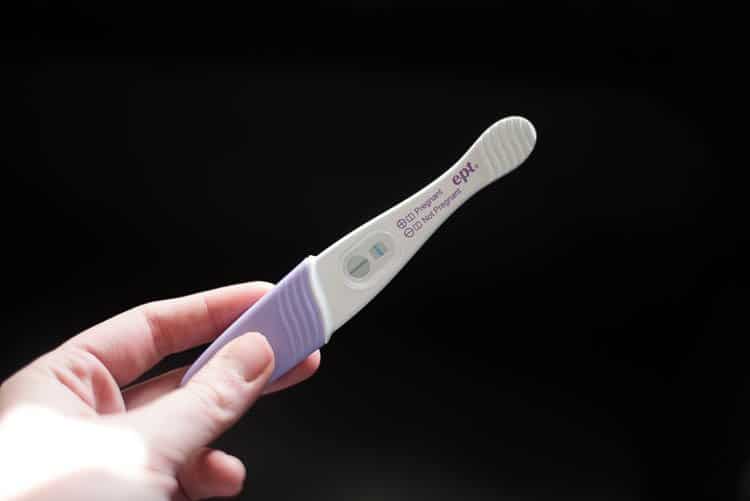
Stress
I hate to mention this one first, because when someone is struggling to get pregnant, the last thing they want to hear is, “Relax, and it will happen.”
Because even the most zen people can struggle with infertility.
However, the truth is, stress can mess with your cycle and implantation. So perhaps take a look at your life, see what stressors you can eliminate, and channel your inner Zen-Rafael (okay, you’ll only get that if you have watched Jane the Virgin).
Acupuncture and massage can both be great ways to destress!
Not Tracking Cycle
In an ideal world, every woman would have a 28-day cycle and ovulate on the 14th day.
However, that is not the case for many women, and really, if you aren’t tracking your cycle carefully, you might just be aiming for the wrong day to conceive.
There are tons of ways to track your cycle and your most fertile days. But if you are like me, it can be hard to remember (especially if you are tracking your temperature and can never remember to use your basal body thermomter before jumping out of bed!)
Recently, I heard about EarlySense Percept, and as soon as I learned what it was, I was sold.
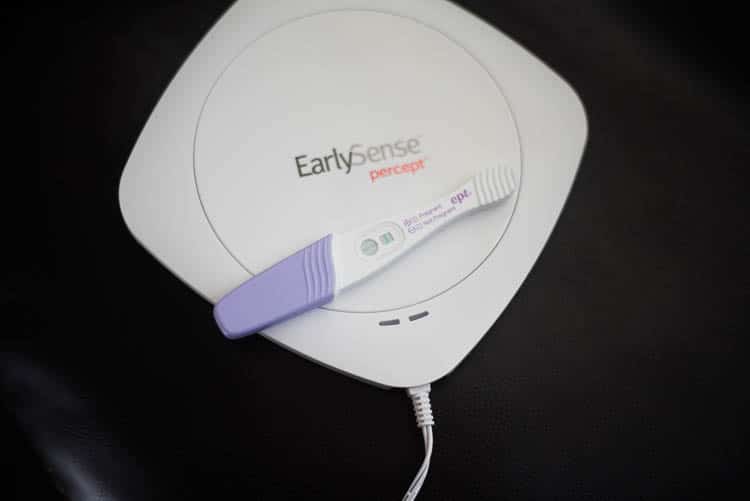
It’s an effortless way to track your cycle to help you figure out when the best time to get pregnant is. It doesn’t require peeing on a stick, tracking your temperature, or even wearing anything.
You place the device under your mattress, plug it into the wall, and every night when you go to sleep, it gathers your vital signs and accurately is able to determine when your next period will start, dates of ovulation, and your 6-day fertility window based on different signs – such as your heart rate and respiration rate (you can read more about the science behind EarlySense Percept here).
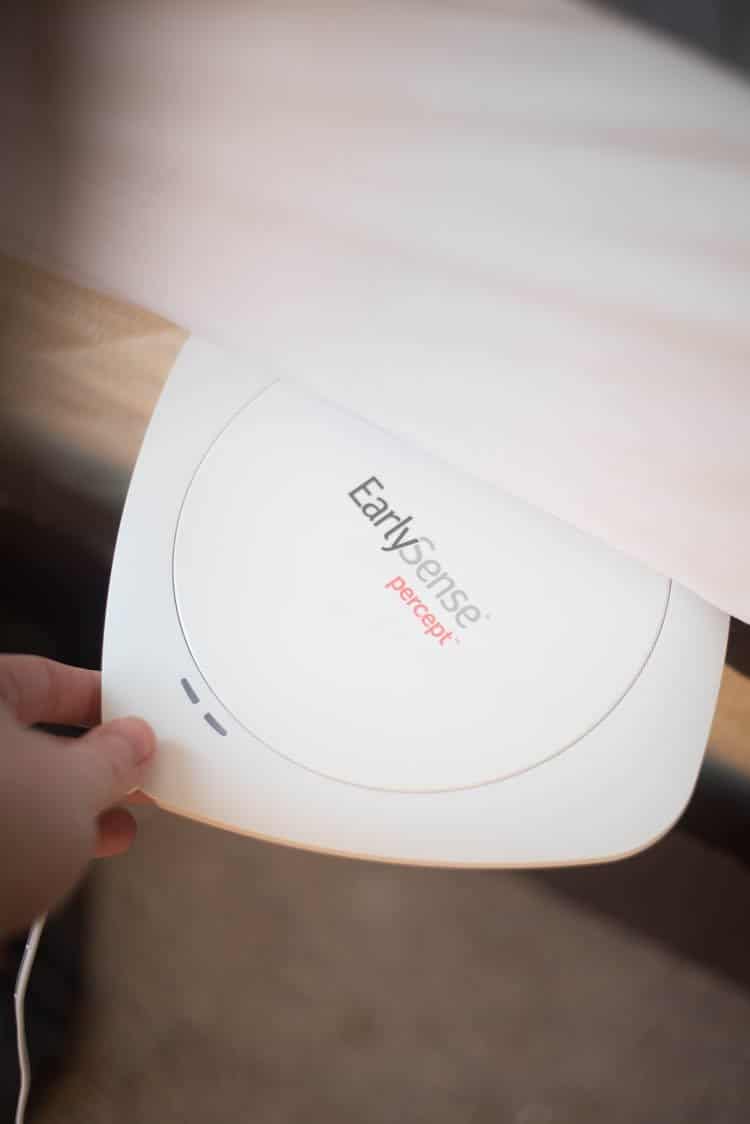
I have been using it for a little while now, and it really is quite accurate. It’s a device I think all women who want to conceive in the future (whether that be this month or a year from now) should be using it – it’s mindless to use, but it really can give you so much insight into your fertility.
EarlySense is $199, making it one of the more affordable digital solutions for tracking ovulation. There is also a 60 day money back guarantee and a two-year-warranty.
Breastfeeding
Did you know that breastfeeding can change your ovulation and menstrual cycle? While it can’t be totally relied on as a method of birth control (there are plenty of moms out there with Irish twins who can attest to that), it definitely can make it harder to get pregnant – especially in the early months.
Most breastfeeding mothers see a return to fertility around the time their child starts eating more solids – but some moms won’t be able to conceive at all until they totally wean their child.
Do keep in mind that even if you don’t have a period, you can still be ovulating. That’s why tracking your cycle using something like EarlySense Percept can be really helpful.
Diet and lifestyle
Your diet, weight, and lifestyle in general can definitely affect your fertility. If you are having trouble getting pregnant, definitely take a look at your lifestyle. Can you eat healthier? Exercise more? Or maybe, in some cases, exercise less? Any extreme lifestyle can affect your menstrual cycle – including exercising too much or eating too few calories.
Not doing it (enough) or too much
There are a lot of misconceptions about getting pregnant.
Some people believe there is only one day a month you could get pregnant.
Others believe that if you have sex every single day, it will increase your chances.
However, the truth is, there is a fertility window with about six days where you have a pretty good chance of getting pregnant (which is why it’s important to track your cycle – such as with EarlySense Percept – so you know those dates!)
It’s also recommended to have sex every other day – instead of every day – during that fertility window.
Overuse of Lubricant
It’s true – lubricant can affect the motility of sperm! If you are trying to get pregnant, lay off on the lubricant or invest in something like Pre-seed or Conceive Plus if you can’t do without it.
Lack of Sleep
Not getting enough sleep can affect a lot of the body’s functions – including the ability to get pregnant.
Not ovulating
Some women don’t ovulate – and there can be a variety of reasons. If you aren’t ovulating, you won’t get pregnant.
It can be as simple as stress, switching time zones, etc. However, there are underlying reasons that can prevent ovulation, which I will talk about below.
Too Much Caffeine
While the jury is out on whether or not caffeine plays a part in infertility (some studies say yes, others say no), it would be wise to keep your caffeine consumption lower, especially if you are finding it hard to get pregnant.
PCOS
Polycystic Ovarian Syndrome is a serious problem that affects millions of women, and it can definitely affect being able to get pregnant.
Many women with PCOS do not ovulate regularly (or at all) – and when your ovulation is erratic, it can be tricky to pinpoint when you should try to get pregnant.
If you are having trouble getting pregnant and have other symptoms of PCOS, it’s definitely worth discussing with your doctor. It is possible to conceive with PCOS with the correct treatment. It is estimated that 8-10% of women suffer from PCOS. Here are some of the symptoms:
- Irregular menstrual cycle
- Excess facial and body hair growth
- Weight gain or trouble losing weight
- Acne
- Depression
Endometriosis
Endometriosis is another female reproductive issue that many, many women suffer from of and is a huge cause of infertility in women. It’s most common symptoms are pain in the uterus area (though it can grow in other places, such as the bladder) and menstrual irregularities.
Around 1 in 10 women in the United States has endometriosis and up to 40% of women with infertility can suffer from infertility (source). It can cause scar tissue and adhesions, which can cause infertility.
This is another one that you will need to talk with your doctor about if you have symptoms and are having trouble getting pregnant.
Underlying Medical Issue
There are so many different medical problems that can cause infertility – it would be impossible to list them all here.
Many autoimmune disorders and thyroid function issues can make it harder to get pregnant. There are also other reproductive issues that can make it harder to get pregnant, which is why it’s so important to work with a specialist if you have been trying to get pregnant for over a year (or if you have a known problem).
Male factor
Although many people think of infertility as a female problem, RESOLVE states that around 30% of infertility cases have to do with a male factor (low sperm count, structural abnormalities, etc).
If you aren’t getting pregnant, it’s important not to assume that the issue lies with you. Make sure your husband or partner sees a doctor as well if you start to be treated for infertility.
I hope that this post was helpful in identifying some of the reasons why you might not be getting pregnant. It can be as simple as learning how to track your cycle, though there is always the possibility something else may be going on. It’s important to always talk with your doctor regarding your fertility and any concerns you may have.
Other Posts You May Enjoy:
- What to Do Before You Get Pregnant (and a few things you might miss)
- Missed period, negative pregnancy test? Could You Still Be Pregnant?
- Very Early Pregnancy Symptoms and Signs
If you are experiencing infertility, I highly recommend checking out my sister’s website all about infertility – Infertili.tees.

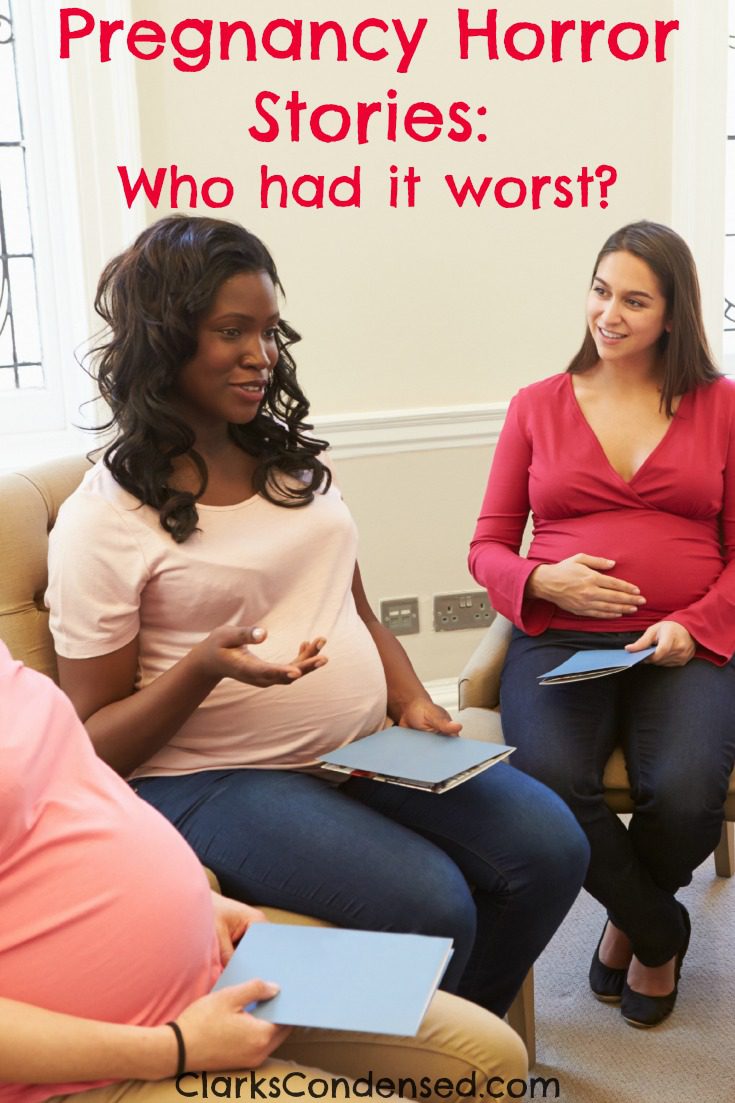
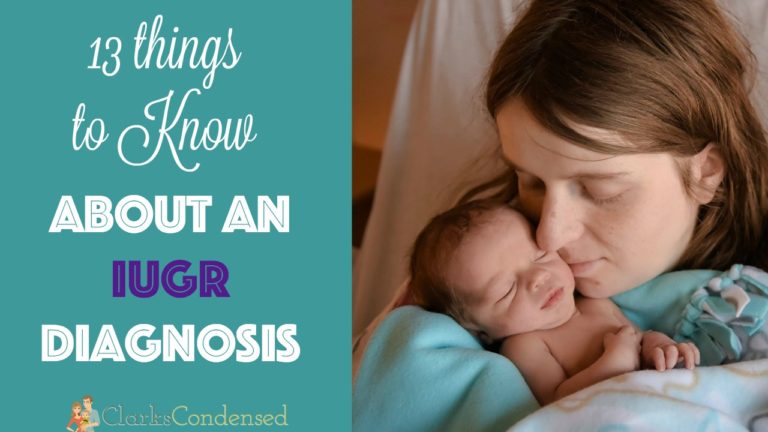
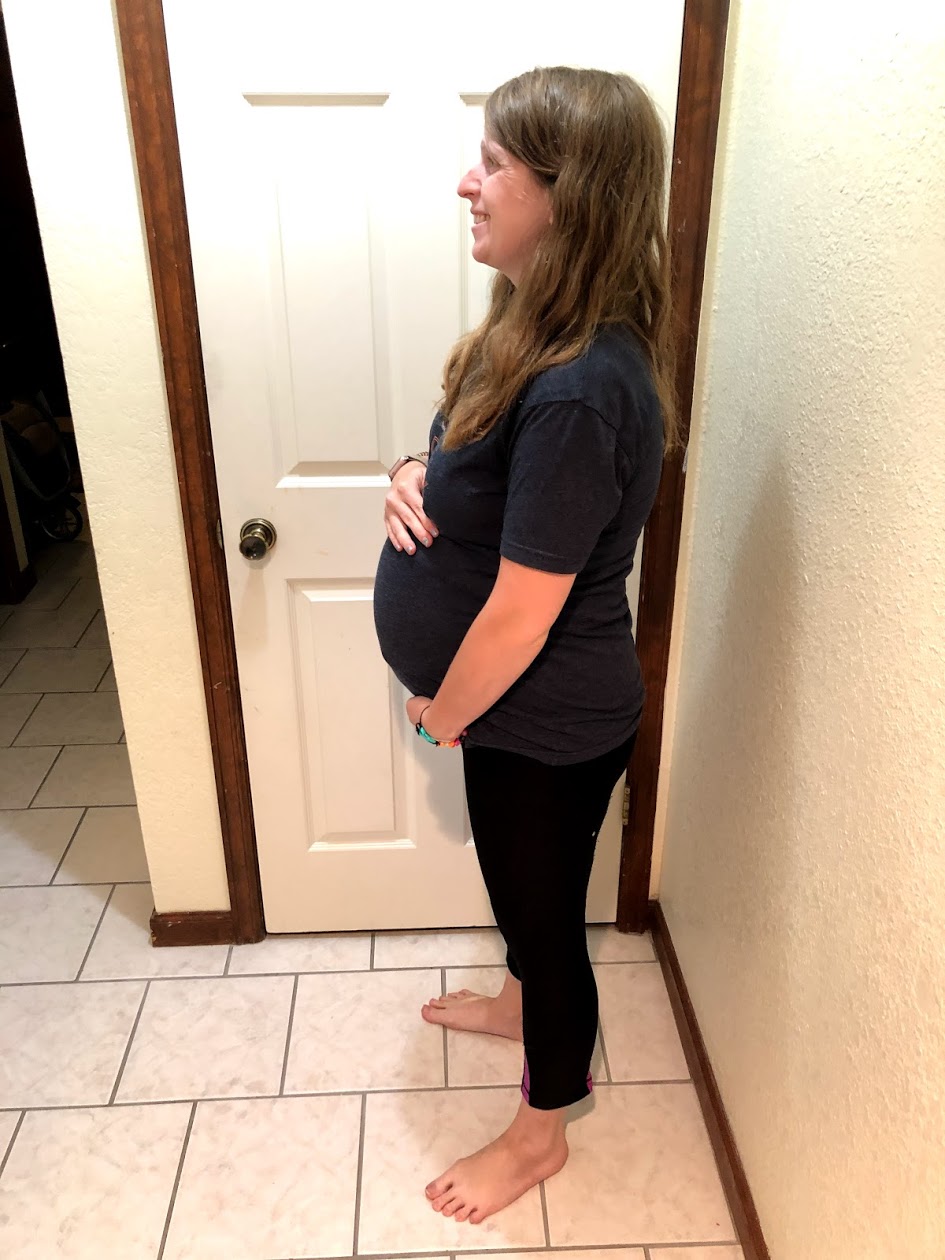

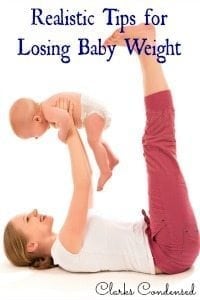
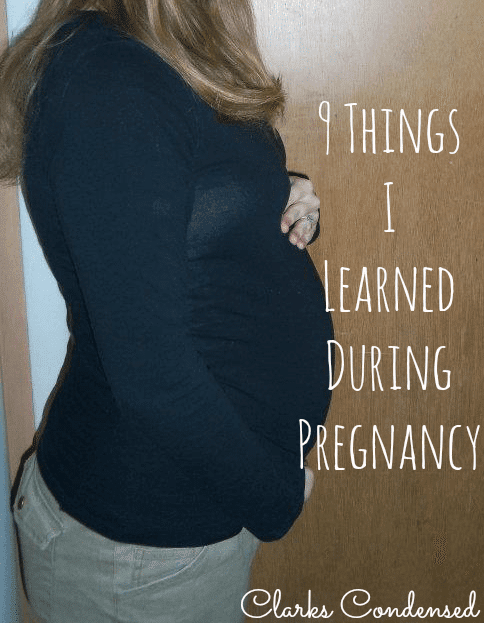
Man, wondering why is half the battle of infertility, I think. Great post!
I think it’s definitely one of the harder parts for sure!